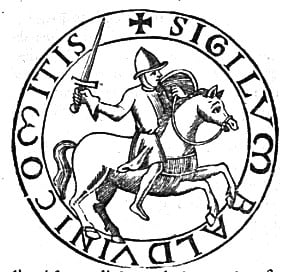Podcast: Play in new window | Download
In 1069, William the Conqueror’s sudden assault on York with a formidable army takes the city by surprise, exploiting strategies learned from previous battles. The city’s defenders, comprising mostly non-combatants, are thrown into chaos, highlighting the harsh realities of warfare on civilian populations. The narrative further delves into the political complexities of the time, including the precarious position of Archbishop Ealdred and the potential crowning of Edgar the Ætheling, which threatens to legitimize a rival claim to the English throne, underscoring the strategic and symbolic power of royal consecration in medieval politics.
Rough Transcript Below:




